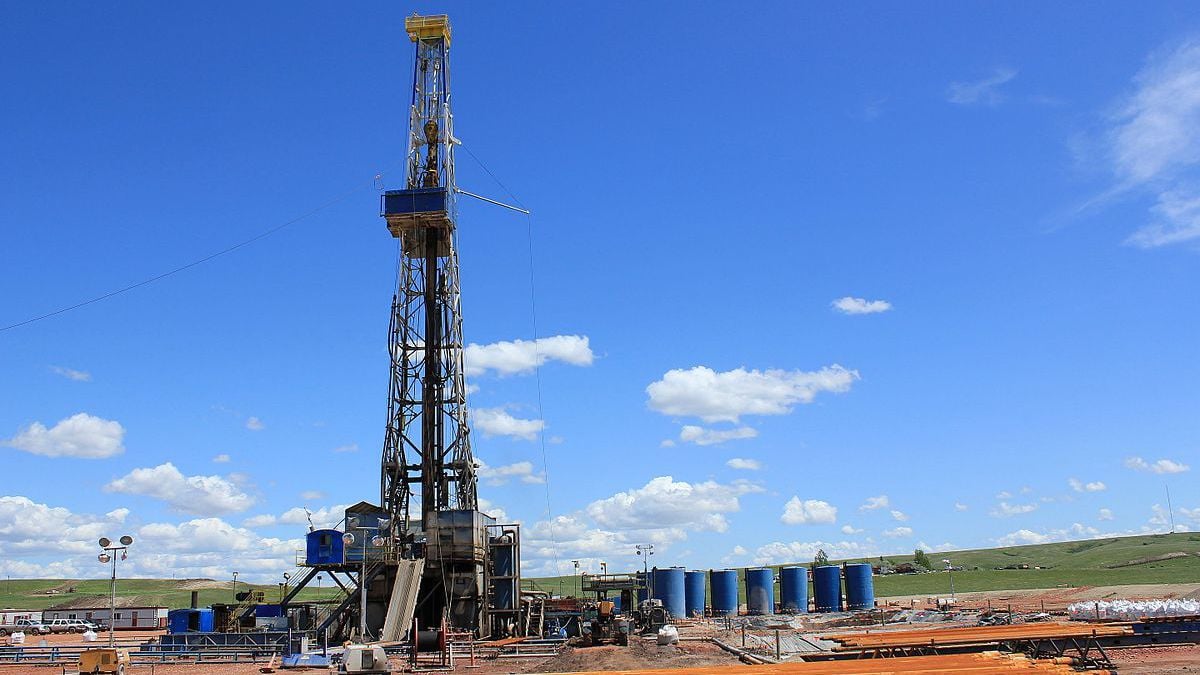OPEC, Trump Could Add to Oil Supply

In its latest report on the world oil markets, the International Energy Agency (IEA) finds that if OPEC cannot agree to a production cut, a global oil supply glut will likely continue into 2017 – extending a long-running stretch of low prices.
"If no agreement is reached and some individual members continue to expand their production then the market will remain in surplus throughout the year, with little prospect of oil prices rising significantly higher. Indeed, if the supply surplus persists in 2017 there must be some risk of prices falling back," IEA said.
OPEC announced a production cut agreement in September, but in October it pumped a record 33.6 million barrels a day – up from a previous record of 33.4 million barrels the month prior. The OPEC production agreement targeted an output of only 32.5 to 33.0 million barrels a day.
Sources within OPEC have told Reuters that Saudi and Iranian representatives are clashing over which nations will cap or reduce output. "The Saudis have threatened to raise their production to 11 million barrels per day and even 12 million bpd, bringing oil prices down," one OPEC source who attended a recent meeting said.
Outside of OPEC, Russia raised its production to 11.2 million barrels a day in October, up from 10.8 million during the same period last year. The IEA expects non-OPEC production to rise by 0.6 million barrels a day in 2017.
In addition, President-elect Donald Trump has promised to cut regulations on shale oil production in the United States and approve the Keystone XL pipeline connecting Canadian oilfields with refineries on the Gulf Coast. He is also expected to permit the construction of the Dakota Access Pipeline to the shale oil fields in North Dakota; if these policies lower barriers for on-shore producers, analysts believe that non-OPEC output could rise further next year.
However, the regulatory prospects for the international oil and gas industry could be complicated by Trump’s pledge to renegotiate or back away from free trade agreements like NAFTA, TPP and TTIP. “Although the prospect of infrastructure projects moving forward is positive for the oil and gas sector, the inherent contradictions between [Trump’s] support for business and his protectionist trade position may untangle as policy is realised,” said Will Scargill, a regulatory analyst for GlobalData. “A focus on US energy independence and opposition to broader trade deals could create direct or indirect hurdles for the [oil and gas] industry in the U.S. and abroad."
